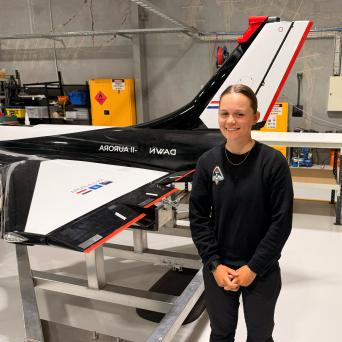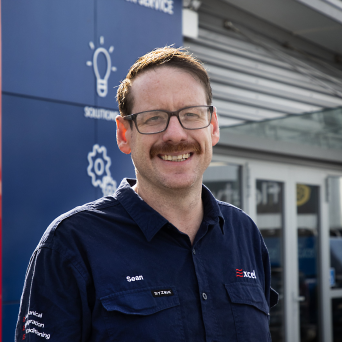One of the key goals for RoVE is to put ākonga/learners at the centre of the system.
A new joint project set up by Te Pūkenga Work Based Learning (WBL) is tasked with finding ways to ensure some of those benefits are realised. Headed up by Amanda Wheeler, the Director of WBL subsidiary Competenz, and Toni Christie (pictured), the General Manager Employer and Learner Experience at Competenz, the Learner Support Collaboration Project has hit the ground running.
“We have a great team consisting of representatives from existing divisions BCITO, Connexis, MITO and Competenz, and we look forward to future work based learning colleagues joining us in due course,” says Toni. “There is a lot of different experience and knowledge and RoVE has brought all that together. Our goal, the fruits of the labour if you will, is the same – we want to make fundamental changes in the learner support space and trial specific initiatives that reach across the work based learning network.”
Toni says the group has identified three key projects:
- “Firstly, we are looking at field team upskilling. This will include building regional connections and sharing best practices.”
- The second project focuses on employer upskilling and support. “The employer is the coach and mentor of the learner, we want to make sure they have the best guidance and tools possible to support them in this.”
- The third project covers literacy and numeracy. “We need a consistent approach to address literacy and numeracy across the work based learning network. We want to make sure that our field facing people understand what some of the learning challenges are for learners.
“Once our group started talking, we all acknowledged we needed to do better in these areas and wanted to invest there to better serve our learners. It’s more effective and consistent to do this together.
“Each division remains autonomous in approach and delivery; however the project’s key focus is to learn from each other and work collaboratively on areas that are a priority for all.”
Toni says the group has met several times already and is now ready to finalise the scope of their work. “We are very action orientated, we knew right from the start what our intent was and looked at the areas where we can make the biggest wins. We got momentum really quickly.”
The Learner Support Collaboration Project supports the wider goals of Te Pūkenga in relation to ākonga:
- Develop learner journey maps and use an analysis of these to help design Te Pūkenga ’s future operating model
- Ensure the unique needs of ākonga, including Māori, Pacific Peoples, disabled and other under-served learners, are met through co-design with the learners, their whānau and stakeholders, and
- Develop strategies that Te Pūkenga can implement to maintain momentum as it transitions to its new operating model.






.jpg)

